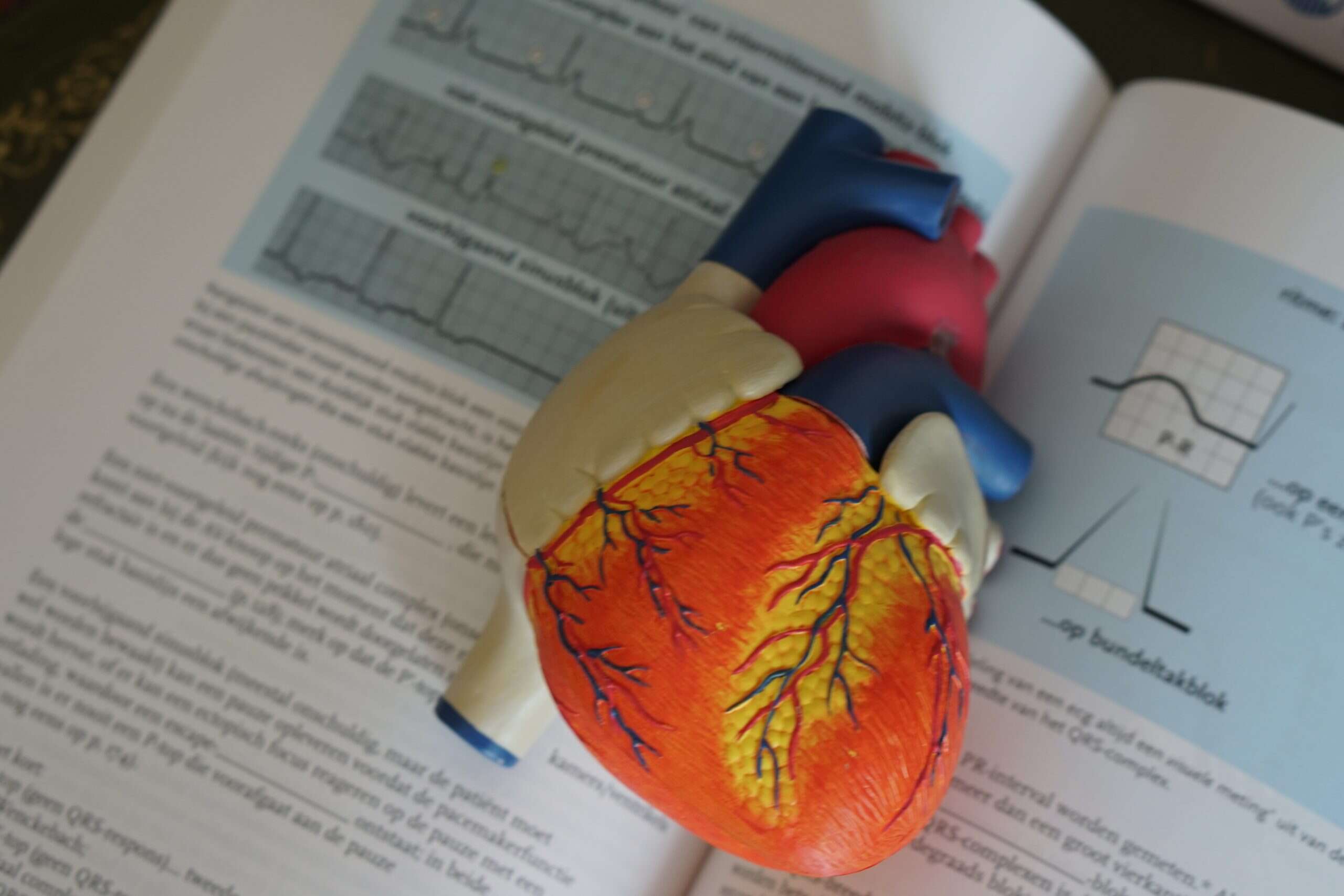How do diabetics prevent heart attacks?
If you have diabetes, you’re at increased risk for heart disease. But taking steps to manage your diabetes and reduce your risk of heart disease go hand in hand. By making a few changes in your daily routine—eating healthier, staying active, managing stress—you’ll take a big step toward controlling your diabetes and reducing your risk of heart disease.
Do Diabetics have a higher risk of heart attack?
Heart disease is the leading cause of death in people with diabetes.
Someone with diabetes has about twice the risk of having a heart attackor stroke as someone without diabetes. Why?
A combination of factors—high blood pressure and high cholesterol, often found in people with diabetes, being just two examples—increase your risk for heart disease.
What reduces the risk of heart attack?
To lower your risk, you’ll want to control your blood pressure and cholesterol levels and watch your weight. And exercise—which helps control blood pressure, lowers cholesterol levels, and improves blood flow to your heart—is an important part of any heart-healthy plan.
What steps can you take to reduce your risk of a heart attack or stroke?
Keep your blood pressure in check.
Many people with diabetes have high blood pressure (hypertension. High blood pressure puts you at greater risk for heart disease and stroke.
Your goal is to keep your blood pressure at or below 140/90 millimeters of mercury (mm Hg). Your doctor can help you develop a plan to reach that goal. If you have high blood pressure, lowering it can reduce the risk of heart disease by 25%. You’ll likely need to take medicine—but don’t stop taking it without your doctor’s OK. Taking even low doses of certain medicines long-term could increase your risk for heart disease or stroke.
Control your cholesterol.
Cholesterol levels tend to be higher in people with diabetes than in those without it.
Your goal is to keep your total cholesterol below 200 milligrams (mg) per deciliter (dL) of blood. Your doctor can help you develop a plan to reach that goal. If you have high cholesterol, lowering it can reduce the risk of heart disease by 20%. You’ll likely need to take medicine—but don’t stop taking it without your doctor’s OK. Taking even low doses of certain medicines long-term could increase your risk for heart disease or stroke.
Watch your weight.
Being overweight boosts your risk of heart disease and other health problems. Here’s why:
- Excess body fat increases your blood pressure.
- Excess body fat can contribute to a buildup of cholesterol-rich plaque in the arteries leading to your heart.
- Excess body fat makes it more difficult for you to control your blood sugar—a key contributor to heart disease. A weight loss of just 10 to 15 pounds can lower your risk of type 2 diabetes and cardiovascular disease, such as stroke or a fatal heart attack, by 50%. Losing weight isn’t easy, but the payoff is huge: improving your health and increasing your life expectancy. For ideas about eating healthy and staying active, check here
Get moving.
Regular physical activity lowers your blood pressure, helps lower your cholesterol, and makes it easier for you to control your blood sugar—all things that can reduce your risk of heart disease.
If you have diabetes, getting at least 30 minutes of moderate physical activity on most days of the week is recommended. Moderate exercise is any activity that makes you break a sweat. It can be aerobic or strength-training exercise or a combination of the two. Your doctor can help you develop a plan to reach that goal.
If you’re an older adult with diabetes, get your doctor’s OK to exercise on an empty stomach. A recent study showed that exercising on an empty stomach lowers blood sugar levels in the hours after you work out.
Mind your mental health.
When you’re stressed, your body releases cortisol and other hormones that increase your blood pressure and heart rate, strain your immune system, and raise blood sugar levels—all things that can increase the risk of heart disease if they occur often for long periods of time.
To help prevent these problems, manage your stress. If you don’t already have a life coach or counselor, ask your doctor to help you find one.
Having diabetes significantly increases your risk of developing Heart diseases, want to know how to protect your heart? learn all about How are heart disease and diabetes connected?

